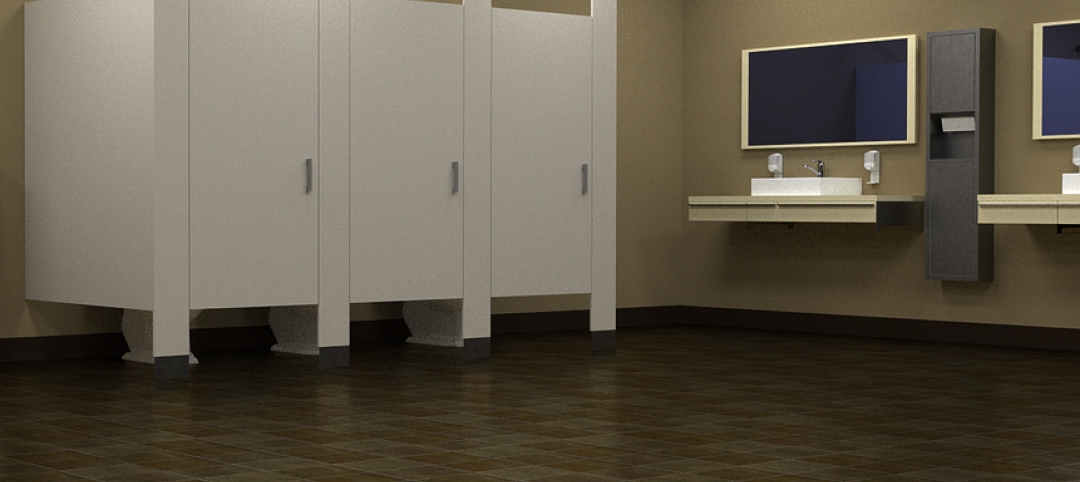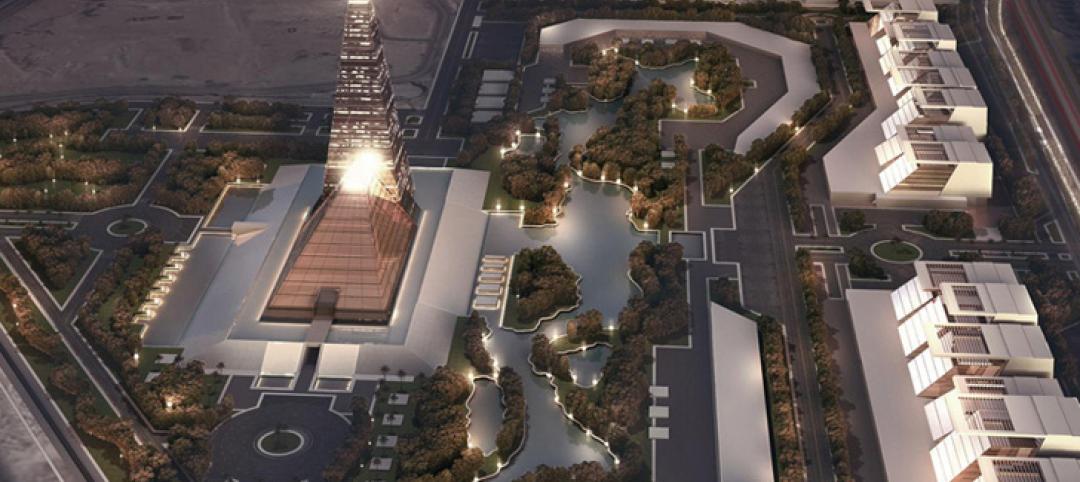In the current post-pandemic environment, many workers continue to work remotely, and most tenants don’t need as much space as in pre-pandemic days.
The impact is higher vacancies in the office sector and owners desperately trying to retain and attract tenants. Many landlords in the war for tenants have turned to offering new workplace amenities such as conference room services, fitness centers with nutritionists, and high-end food and beverage offerings.
To provide these services, landlords engage with third-party vendors and these arrangements present the potential for some thorny legal liability, according to a column at GlobeSt.com. To prevent that, both parties must hash out details over responsibilities for the engagement to ensure that it works as expected.
For example, a contract should include clauses about who can access bank accounts and who provides accounting support for expenses and revenue. Also, the vendor must be in tune with requirements in the landlord’s insurance to prevent inadvertent actions that could negate coverage.
In addition, amenity vendors may be unfamiliar with the coordination needed to operate the building when it comes to things like elevator usage, HVAC, access to loading docks, trash disposal, and parking. Details like that, if not spelled out in advance, could lead to rancor between the landlord and vendor, or worst case, a legal confrontation.
Design and construction firms should be aware of this dynamic when renovating space for upgraded office enhancements, as it could complicate the programming process or even derail a project.
Related Stories
Office Buildings | Mar 29, 2015
Chance encounters and the ‘action’ office: Do collisions spark innovation?
Google, Facebook, Samsung, and Tencent have all unveiled plans for “action” offices designed to get their people moving, interacting, huddling, collaborating—all in the name of innovation.
Codes and Standards | Mar 12, 2015
Energy Trust of Oregon offers financial incentives for net-zero buildings
The organization is offering technical assistance along with financial benefits.
BIM and Information Technology | Mar 11, 2015
Google plans to use robots, cranes to manipulate modular offices at its new HQ
Its visions of “crabots” accentuate the search-engine giant’s recent fascination with robotics and automation.
Modular Building | Mar 10, 2015
Must see: 57-story modular skyscraper was completed in 19 days
After erecting the mega prefab tower in Changsha, China, modular builder BSB stated, “three floors in a day is China’s new normal.”
Retail Centers | Mar 10, 2015
Retrofit projects give dying malls new purpose
Approximately one-third of the country’s 1,200 enclosed malls are dead or dying. The good news is that a sizable portion of that building stock is being repurposed.
Office Buildings | Mar 7, 2015
Chance encounters in workplace design: The winning ticket to the innovation lottery?
The logic behind the push to cultivate chance encounters supposes that innovation is akin to a lottery. But do chance encounters reliably and consistently yield anything of substance?
Codes and Standards | Mar 5, 2015
Charlotte, N.C., considers rule for gender-neutral public bathrooms
A few other cities, including Philadelphia, Austin, Texas, and Washington D.C., already have gender-neutral bathroom regulations.
Office Buildings | Mar 5, 2015
Goettsch Partners unveils plans for dual office towers in Warsaw
The Mennica Legacy Tower development is divided into a 35-story tower located on the south east side of the site and a 10-story building on the west side.
High-rise Construction | Mar 4, 2015
Must see: Egypt planning 656-foot pyramid skyscraper in Cairo
Zayed Crystal Spark Tower will stand 200 meters tall and will be just a short distance from the pyramids of Giza.
Transit Facilities | Mar 4, 2015
5+design looks to mountains for Chinese transport hub design
The complex, Diamond Hill, will feature sloping rooflines and a mountain-like silhouette inspired by traditional Chinese landscape paintings.

















